In 2010, the Brazilian Government developed the ABC Plan, the Federal Government’s Strategy for Low-Carbon Agriculture Plan, which aims to shift its land use policy towards sustainable agriculture by using market-based incentives to drive the transition. The ABC Plan aims to: restore 15 million hectares of degraded pastureland; develop 5 million hectares of integrated crops, forest, agroforestry and livestock; expand no-till agriculture by 8 million hectares; replace nitrogen fertiliser with Biological Nitrogen Fixation across 5.5 million hectares; reforest 3 million hectares; and implement biogas and compost infrastructure to handle 4.4 million m of animal waste.
BNDES, the Brazilian National Bank for Economic and Social Development, provides preferential credit rates for low-carbon agricultural investments in livestock, forestry and crops,128 compared to market rates set by the Brazilian Central Bank.129 In 2016/2017 alone, the project aims to provide R$1.1 billion in low-interest rate loans to producers who provide detailed plans for the implementation of at least one sustainable agricultural system. 73percent of the credit is financed by BNDES, with the rest comes from other sources.130 BNDES channels its resources through accredited banks (e.g. Rabobank and Banco do Brasil), effectively subsidising the below-the-market interest rate, covering the difference to match market interest rates. The ABC programme is the first of its kind to incentivise low-carbon emission practices through attractive credit lines.
According to Brazil’s Ministry of Agriculture, Livestock and Food Supply, since 2010, the ABC Plan has invested more than R$4.6 billion through the ABC Plan’s funding line.131
128 Carauta, Marcelo, Evgeny Latynskiy, Johannes Mössinger, Juliana Gil, Affonso Libera, Anna Hampf, Leonardo Monteiro, Matthias Siebold, and Thomas Berger. 2018. ‘Can Preferential Credit Programs Speed up the Adoption of Low-Carbon Agricultural Systems in Mato Grosso, Brazil? Results from Bioeconomic Microsimulation’. Regional Environmental Change 18 (1): 117–28. https://doi.org/10.1007/s10113-017-1104-x.
129 Carauta, Marcelo, Evgeny Latynskiy, Johannes Mössinger, Juliana Gil, Affonso Libera, Anna Hampf, Leonardo Monteiro, Matthias Siebold, and Thomas Berger. 2018. ‘Can Preferential Credit Programs Speed up the Adoption of Low-Carbon Agricultural Systems in Mato Grosso, Brazil? Results from Bioeconomic Microsimulation’. Regional Environmental Change 18 (1): 117–28. https://doi.org/10.1007/s10113-017-1104-x.
130 Juliano Assunção, and Priscila Souza. 2018. ‘The Fragmented Rules Of Brazilian Rural Credit How Policy Design Creates Artificial Obstacles In Credit Access And Loan Conditions For Rural Producers’. Rio de Janeiro: Climate Policy Initiative. https://www.climatepolicyinitiative.org/wp-content/uploads/2018/08/CPI_Brief_Fragmented_Rules_Brazilian_Rural_Credit-1.pdf.
131 ‘Investment Guide to Brazil 2019’. n.d. ApexBrazil, Ministry of Foreign Affairs (Brazil), Patria Amada Brazil. https://sistemas.mre.gov.br/kitweb/datafiles/Miami/en-us/file/Investment_Guide_to_Brazil_2019percent20(2).pdf.

